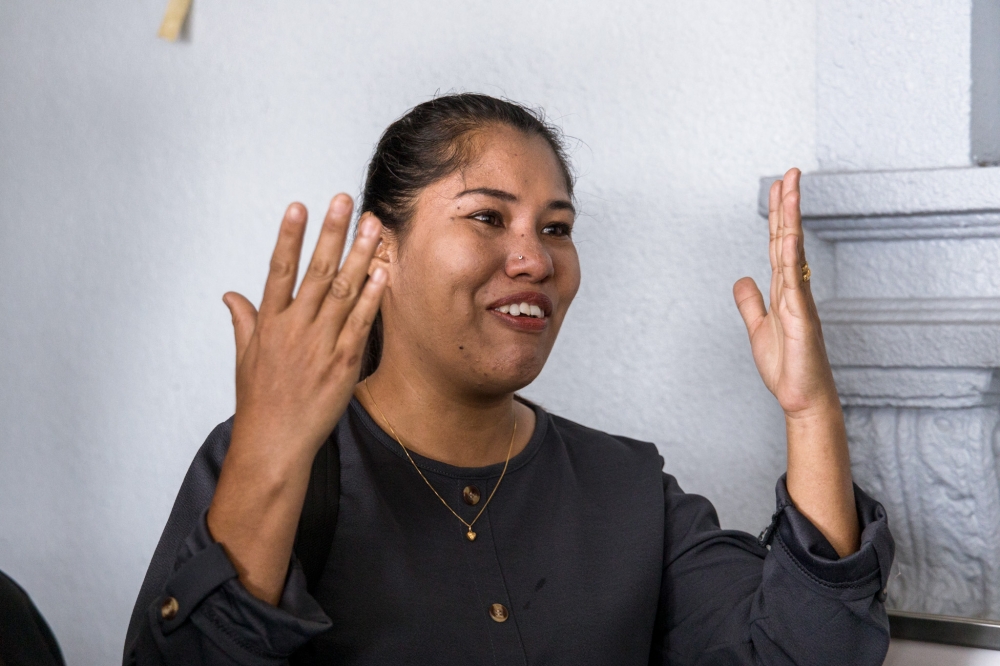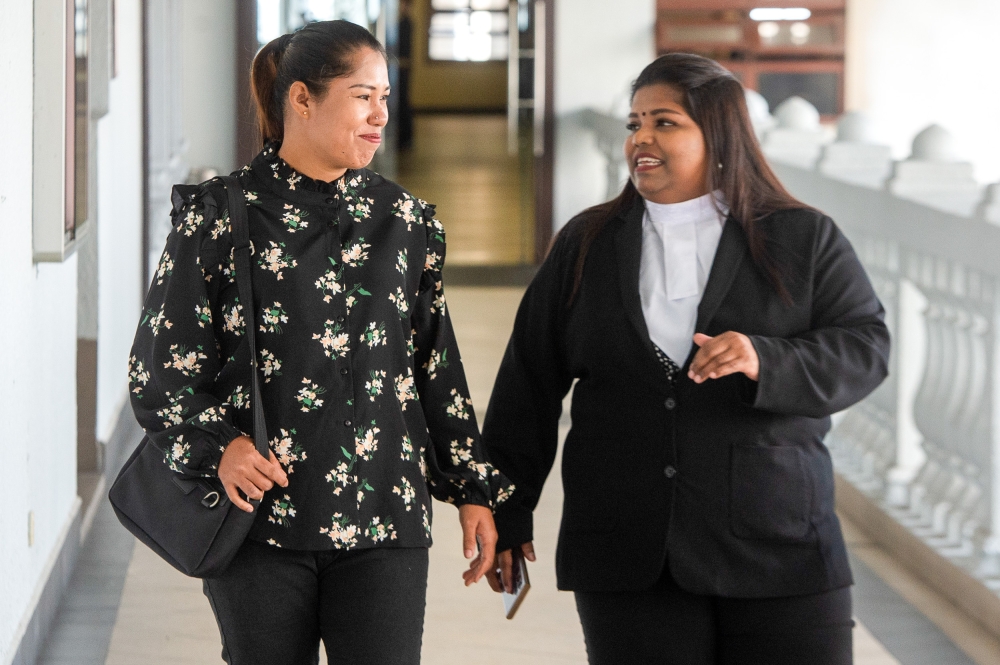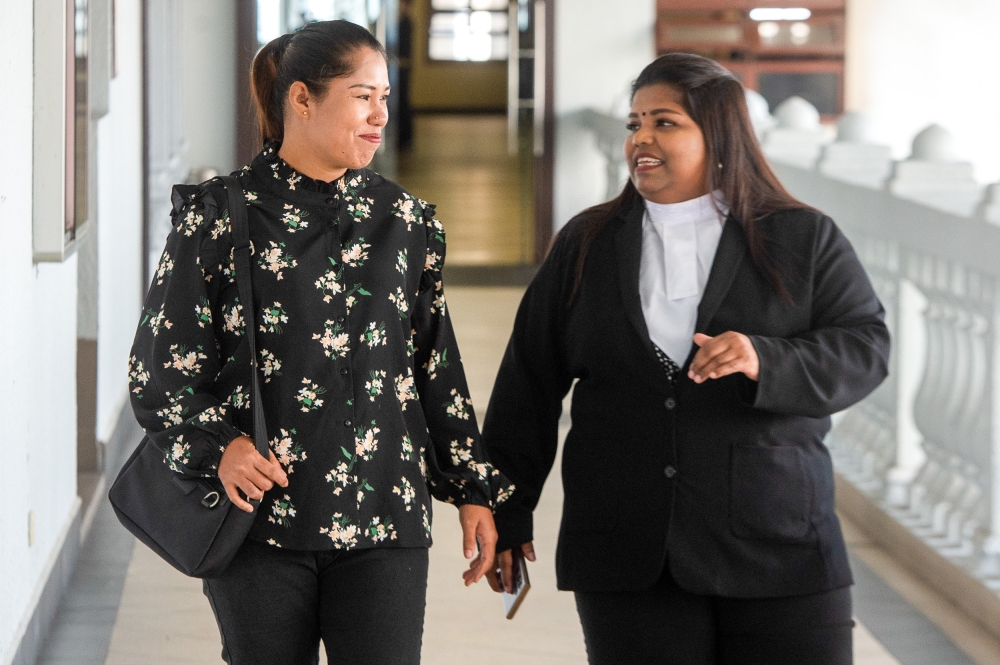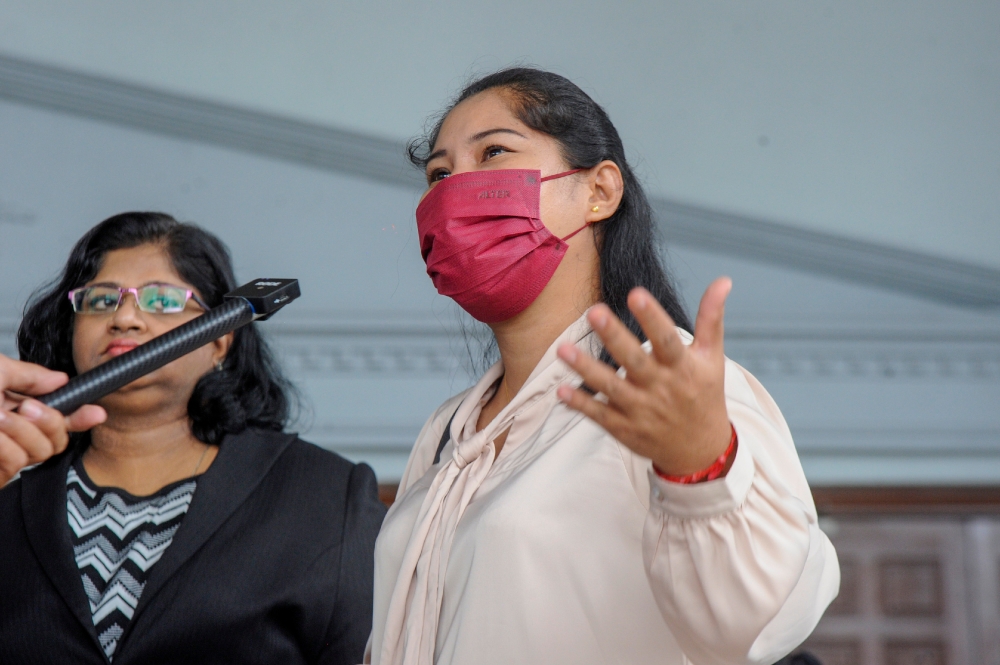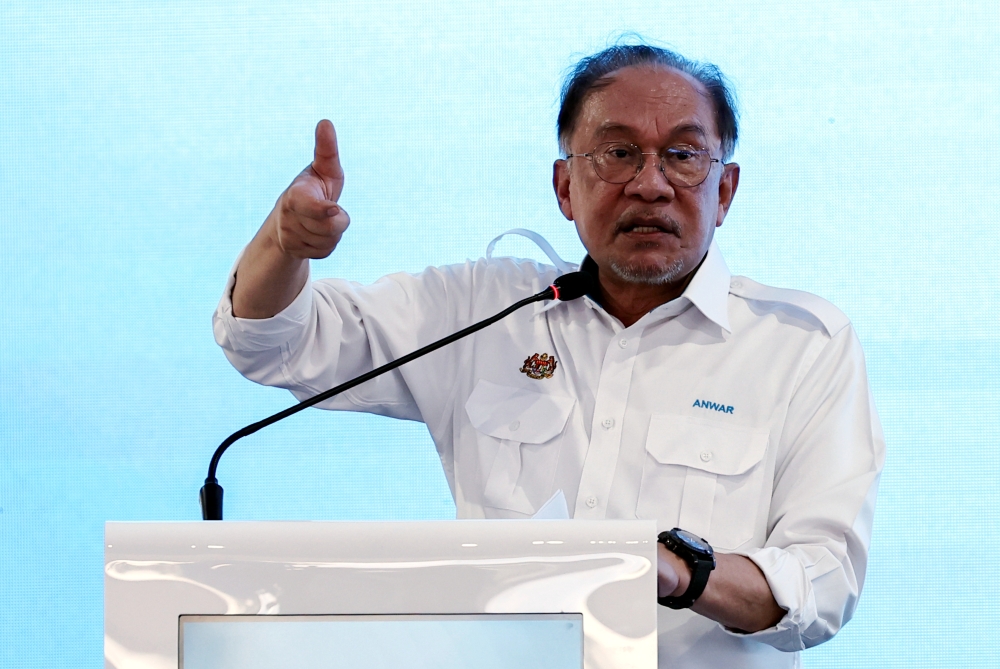KUALA LUMPUR, Oct 11 — The High Court has today dismissed the Perlis Islamic Religious and Malay Customs Council’s (MAIPs) bid to gain access to Hindu mother Loh Siew Hong’s three children — who were said to be unilaterally converted to Islam by their father — to assist them including by giving Islamic education.
In delivering her decision, Family High Court judge Hayatul Akmal Abdul Aziz said today’s ruling was subsequent to the findings from interviews she had conducted with the children in person last month.
In the closed-door interviews, Hayatul said all three adolescents expressed their wish to not be Muslims and were content with their present circumstances, adding the trio expressly objected to MAIPs’ access to them.
“They were separated from their mother for almost three years. They are very happy going to school now and undergoing co-curricular activities.
“They told me they do not wish to be Muslim,” she said in her ruling.
The judge pointed out that the children had endured one traumatic incident after another, noting that they ought not to be the victims of choices made by adults for them and be forced to go along with them.
Hayatul also said the children themselves have stated they wished to be with their mother, with Loh herself firmly stating she did not require any assistance from the religious authorities; adding that both decisions must be respected.
Thus, Hayatul said a “long-drawn, unnecessary” squabble over accessibility is not in the best interest of the children.
“This court must act like a parent and (its decisions must) not be to the detriment of the children.
“They should not be made by the legal machinery to compel them to do what they don’t wish to do. Parties should stop denying and interfering in whatever that is left of their growing up years.
“After considering the facts and respective arguments of parties, I find no merit in MAIPs’ application,” she said.
The court also gave no order to cost.
Lawyers J. Gunamalar appeared for Loh, while Mohamed Haniff Khatri Abdulla appeared for MAIPs.
Loh was visibly in tears after the ruling. When met by reporters, she expressed happiness with the verdict and wished for others to stop “disturbing” her.
“I wish not for them to disturb me, enough is enough.
“I’m a mother and I just want to prioritise my children’s education, not to remember court cases... we want to live peacefully, that is what I am asking for,” she said.
On February 17, MAIPs applied to vary the custody order, by asking to add on court orders, including for MAIPs to be granted supervised access once every two weeks to provide guidance and basic Islamic education to the three children.
In the same application, MAIPs also wanted to be given access to bring the son for Friday prayers every week to any mosque located not more than 10km from the house of Loh and her three children.
In the application, MAIPs also wanted to be given access to bring the three children to celebrate major Islamic occasions — Aidilfitri and Aidiladha — at any mosque, surau or government venue not more than 10km from their house.
Also in the same application to vary the custody order, MAIPs wanted to be given access to provide financial aid to the three children who are in the category of asnaf or those eligible to receive aid from Islamic alms; provide education aid such as books, pens, computer to the three children; provide financial aid to the mother who is now the sole guardian as wages or for livelihood over her efforts and responsibility to raise and care for the three children; and to help Loh in buying food and drinks that is good and halal (or permissible to consume in Islam) for the three children.
MAIPs also wanted to be given access once every three months to supervise and provide guidance to Loh to raise her three children in a conducive environment according to Islam, including but not limited to eating halal food, and access to go into their house for not more than an hour for each session.
Previously on March 17, 2022, High Court judge Evrol Mariette Peters issued a court order for the three children’s names and photographs to not be published by news outlets and on social media.
The same year, the Family High Court also dismissed Maips’ leave application to intervene in Loh’s divorce proceedings, on the grounds that the state religious body failed to show that it was an interested party in relation to the children.
However, in February, the Court of Appeal allowed the religious body’s appeal to intervene in Loh’s divorce proceedings, making the council a respondent in the matter and paving the way for them to vary the custody order given to Loh.
















